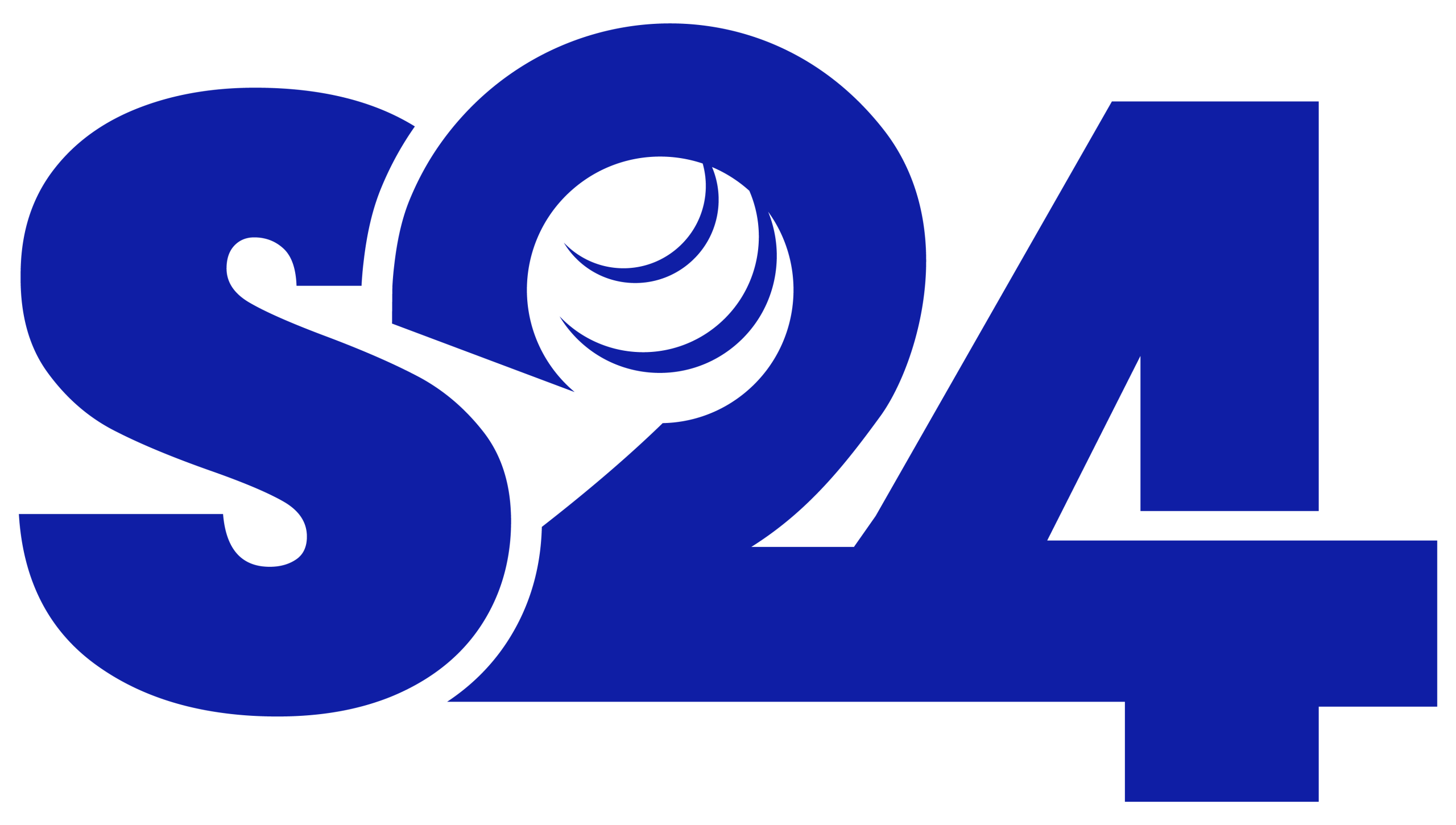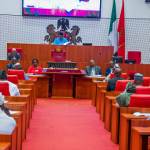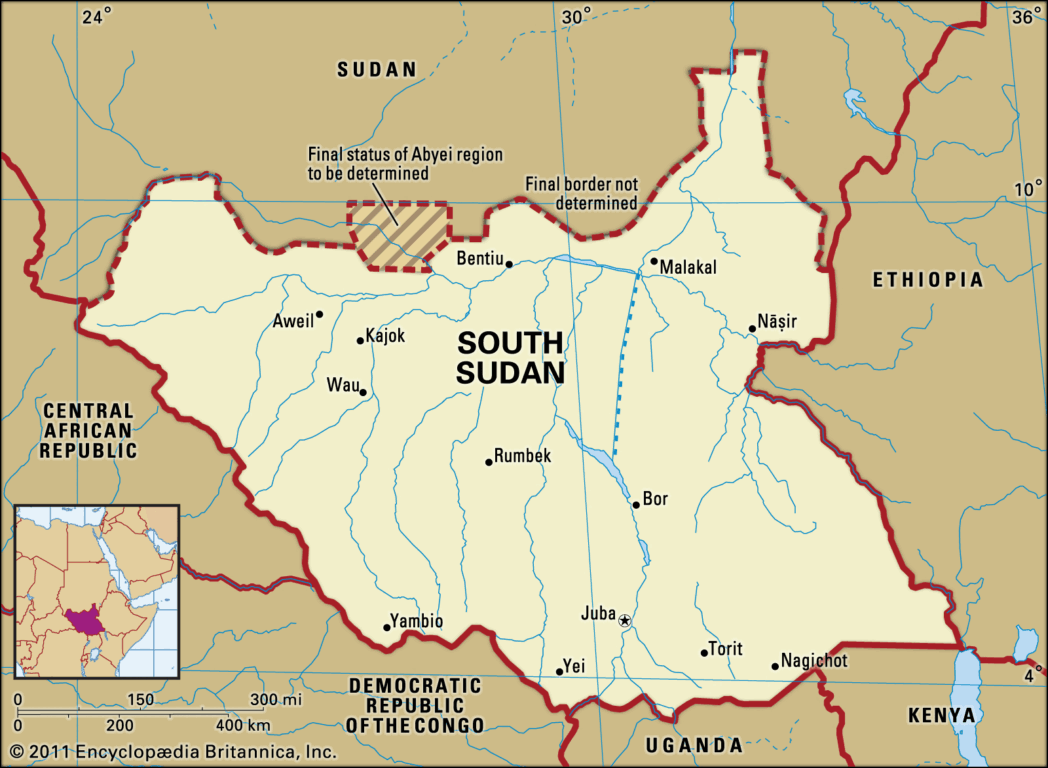In a major shift in Nigeria’s education policy, the Federal Government has officially removed Mathematics as a compulsory subject for students seeking admission into tertiary institutions to study Arts and Humanities.
This announcement was made on Tuesday by the Federal Ministry of Education in Abuja, following the release of the updated National Guidelines for Admissions into Tertiary Institutions in Nigeria.
According to the ministry, the move is intended to increase access to tertiary education by removing unnecessary academic barriers, particularly for students whose intended courses do not require a foundation in mathematics.
Key Admission Changes for Arts Students
The revised policy outlines the following:
- Universities: Applicants into Arts and Humanities programs must now possess five O’Level credits, including English Language, but Mathematics is no longer mandatory unless it is a core requirement for the course.
- Polytechnics (ND Level): Students applying to non-science disciplines will require four credit passes, including English Language, with Mathematics only required for science-based programs.
- Higher National Diploma (HND): Both English Language and Mathematics remain compulsory for admission at this level.
- Colleges of Education (NCE): English Language is required for Arts and Social Sciences. Mathematics is only required for science, vocational, and technical programs.
- Innovation Enterprise Institutions (IEIs): The same course-specific subject requirements will apply, with room for institutional flexibility.
According to the ministry, these changes are projected to boost annual tertiary institution admissions by up to 300,000 candidates, expanding opportunities especially in underserved regions.
Government’s Rationale for the Reform
The Ministry of Education stated that the decision aligns with its broader objective of making tertiary education more inclusive and relevant to students’ academic interests.
“The removal of Mathematics as a blanket requirement for all disciplines acknowledges that different fields require different competencies,” a ministry official noted.
The policy also responds to data showing that thousands of otherwise qualified candidates were annually denied admission due to failure in Mathematics despite strong performance in core Arts subjects.
Expert Reactions and Stakeholder Views
The move has been met with largely positive reactions from educationists, students, and policy analysts.
Dr. Ifeoma Nwankwo, an education consultant based in Lagos, said the reform was long overdue.
“Requiring Mathematics for courses like Theatre Arts or Mass Communication made little academic sense. This change will open doors for many talented students.”
However, some educators warned that completely removing Mathematics may have unintended effects on students’ analytical or problem-solving skills, especially in fields like Economics, Political Science, or Mass Communication, where basic quantitative reasoning is often needed.
There is also concern that secondary schools may reduce emphasis on Mathematics in Arts classes, potentially weakening overall numeracy skills among students.
Implications for Students, Schools, and Universities
The policy will affect several stakeholders:
- Students: Many students who previously failed to secure admission due to Mathematics can now reapply for relevant courses without the subject being a barrier.
- Schools: Counsellors and educators will need to update their guidance to students, ensuring subject combinations are correctly aligned with career aspirations.
- Tertiary Institutions: Admission offices are expected to revise entry requirements in line with the new policy and communicate changes clearly ahead of the next admission cycle.
Education authorities have confirmed that the new guidelines will take effect immediately, starting with the 2025/2026 admission cycle.
The Joint Admissions and Matriculation Board (JAMB) is expected to update its Unified Tertiary Matriculation Examination (UTME) subject combination requirements accordingly.
The Federal Government says the reform is part of its target to raise tertiary enrolment from 700,000 to 1 million students annually, supporting national goals around education access, economic empowerment, and youth development.
The removal of Mathematics as a compulsory requirement for Arts and Humanities students is a landmark shift in Nigeria’s tertiary admission framework. While it is expected to democratize access to education and reduce dropout rates, the true impact will depend on how well stakeholders adapt to the change and whether academic quality can be maintained alongside inclusivity.







